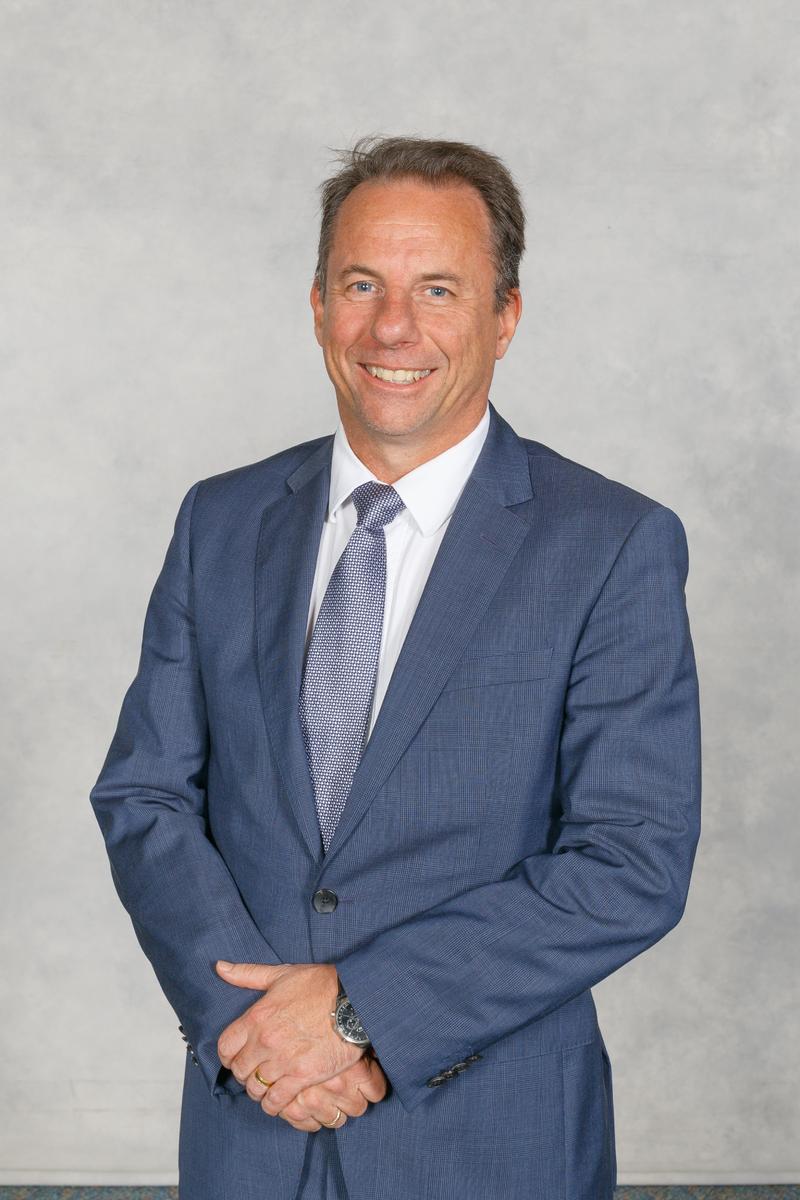From the Principal

A very warm welcome to Term 4 and I hope everyone has had the opportunity to spend some precious time with family and friends over the break.
During the break, and for most of this week, our Year 12 students have been heavily involved in their Western Australian Certificate of Education (WACE) trial examinations. It has been pleasing to see so many of our Year 12 students utilising our Library over the holiday break as an additional support.
The trial examinations are our Year 12 students’ last internally assessable tasks and final formal feedback opportunity, before sitting their written WACE examinations commencing on 28 October. I extend my thanks to the Year 12 teaching staff involved in supervising the examinations, marking the scripts and providing the detailed and valuable feedback to the students. Our thoughts and prayers are with our Year 12 students during this time of transition, and we look forward to acknowledging their significant contribution to our College during next week’s festivities.
During our staff professional learning day on Monday, all staff engaged with some recently published research from the University of Sydney titled, The 2025 Skills Horizon – What Leaders Need to Know (Peter, S., Reimer, K., Norman, P., 2024). The purpose of this engagement was to enable deep discussion about how best to prepare our students for their futures.
The research noted the disorienting times ahead and the need for critical thinking, creativity, and the ability to collaborate and communicate effectively. Interestingly, it also identified new skills needed to navigate the 'messy' future.
Before identifying these new skills, researchers unpacked how the world is changing focusing on five shifts – the values shift, the technology shift, the accountability shift, the trust shift and the energy shift.
The research mapped the public conversation from 2021 to 2024 using AI through large language models and topic modeling to identify key topics and subtopics. Some skills stood out and were identified as Unexpected Emergers – Quantum Literacy, Leading Across Generations and Humanities Thinking.
Given the research paper is quite long, I draw your attention to an excerpt from the Humanities Thinking unexpected emerger which reads:
‘The coming decade of disorientation brings with it many uncertainties. Uncertainty means incomplete information and unclear paths forward. When established values and practices are fractured, old ways no longer work and new ones need to be found.
In the absence of clear information, reflective thinking is needed. In the absence of clear answers, good questions are needed…. Interpretation, sensemaking and imagination are needed. The ability to learn from history, change your mind confidently and find solutions in unexpected spaces. All these techniques are part of humanities thinking.
The future will be messy. This is where humanities thinking shines.’
How fitting it is, then, that our College’s 3 Year Learning Goal is ‘To respond to the needs of students through effective student identification, tracking of student data and differentiated learning strategies to ensure learning growth.’
As we discussed on Monday, to help prepare our students for their futures, learning experiences are ideally varied and differentiated, provide students with opportunities to reflect and apply what they have learned, to demonstrate the value of their learning. So much more than merely the retention of knowledge and key to preparing our students for any ‘unexpected emerger’.
Given today is the Feast Day of St Pope John XXIII, we are also reminded of John XXIII’s own courage and determination when opening the historic Second Vatican Council, fully convinced that it was time to “throw open the windows of the Church and let the fresh air of the spirit blow through.”
Daniel Mahon
Principal

